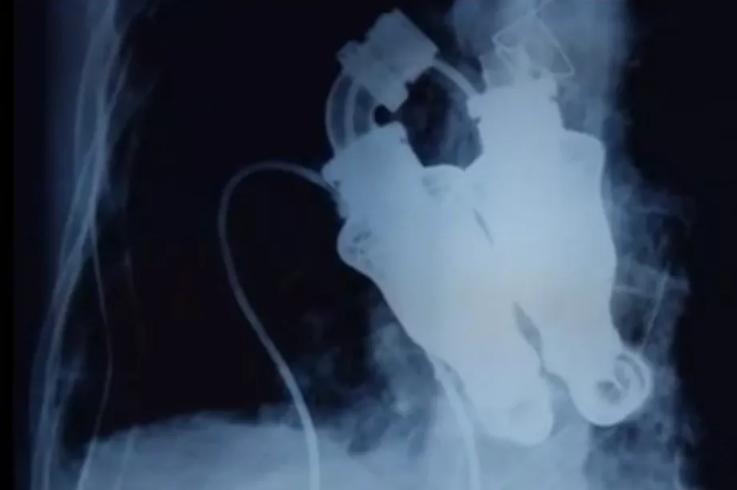Amber Struthers, a science teacher working in Arizona has agreed to publish a statement on scientific literacy through us.
She has a BS in Life Science, and BEd in Secondary Education from Arizona State University. MS in Biology from University of Arizona, MEd in Elementary Education from Arizona State University and a PhD in Education from Walden University.
Her statement does a great job at summarizing the current scientific literacy situation. Have a look:
Scientific literacy, an awareness of how scientific processes and concepts influence and change our natural world. This core aspect to our universe has been a guiding force in the development of our own understanding how we perceive what surrounds us. We explore, discover, define, and question all that we experience.
Scientific literacy is a key element of how we experience our existence, and yet, it is threatened by our own shortcomings. A hypothesis leads to new insight, theory leads to new explanations. There are some who find this process a comfort, a known path to knowledge. And then there are those who bend, break, and mold this process to match the perception of the world they want to see.
Today, scientific literacy is under a threat at a volume and depth not seen in previous generations. An audience who pace in their own echo chambers of misinformation and non-science places itself as a guiding focus in scientific endeavors.
Questionable outliers in research become beacons of perceived truth. Rather than taking these points of data as they are, outliers of a statistical set of data, they have become the primary focus of these echo chambers to influence policy and law. Scientific literacy is a necessary part of being an informed citizen.
It is the civic duty of all people to apply scientific processes and concepts in their decision making to make informed, logical choices. Science does not exist to prove a certain perspective “right”, science does not exist to support agendas, science is how we explain all that we experience.
When we apply our scientific literacy skills, we examine the evidence, analyze the data, and come to a valid conclusion. We do not hand pick information to make our personal perspective “right”, we do not support those who would force such upon us.
Scientific literacy is a vital part of the human experience, and as long as there are those who would question the very core of what make science “science”, we will continue to be affected by a dramatically changing world that does not care who is “right”.
-Amber Struthers, MS, MEd, PhD
Thank you for your insight Amber Struthers!
If you are working in a field of science and want to make your voice heard feel free to contact us.







